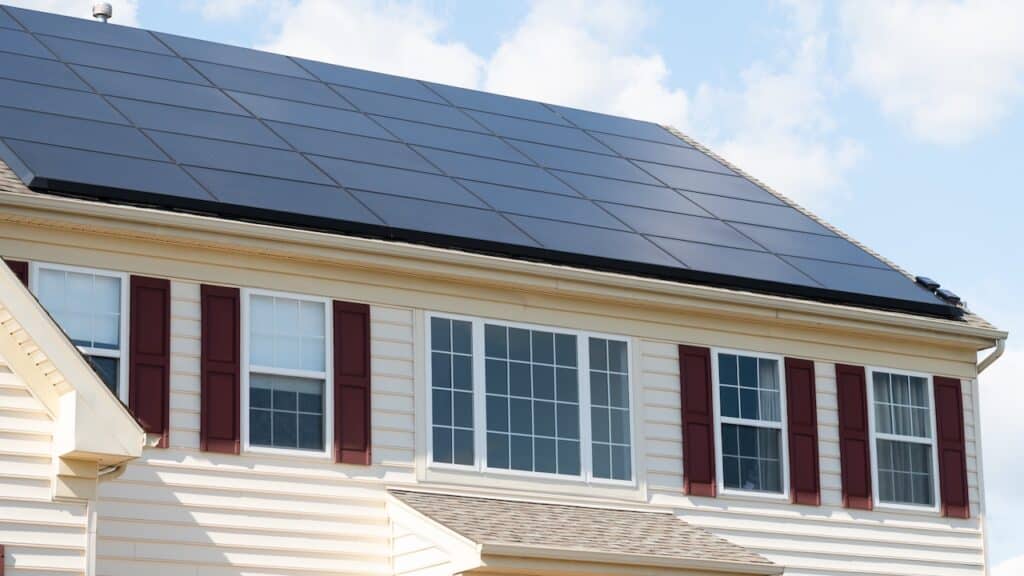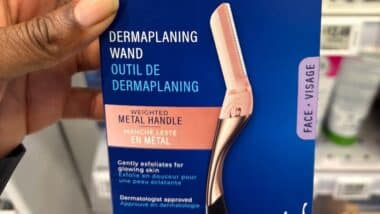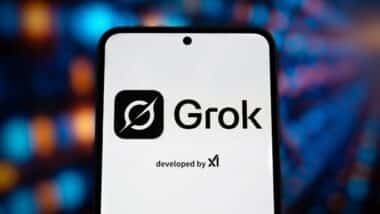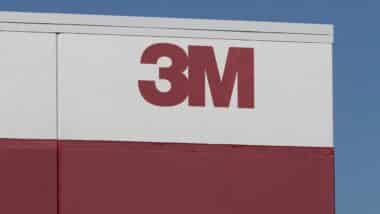
Solar financing class action lawsuit overview:
- Who: A California homeowner has filed a class action lawsuit against PG&E, Sungage Financial LLC, NBT Bank N.A. and Sunmade Energy LLC.
- Why: The plaintiff claims the companies engaged in a sophisticated fraud scheme involving solar panel financing.
- Where: The solar financing class action lawsuit was filed in California federal court.
- How to Get Help: California residents who signed a power purchase agreement with Sunrun or Vivint may be eligible to take part in an investigation into allegations of deceptive sales and business practices.
A California homeowner has filed a class action lawsuit against PG&E, Sungage Financial, NBT Bank and Sunmade Energy, alleging they engaged in a scheme to defraud homeowners into taking out loans for solar panels that they could not transfer to new home buyers.
Plaintiff Cameron Beatty claims he was lured into financing solar panels with a 0% interest loan that he was told would be easily transferable to future home buyers. However, he says he later discovered he had been charged more than $20,000 in hidden fees and that the loan was a trap that prevented him from selling his home.
The solar financing class action lawsuit alleges the defendants orchestrated a bait-and-switch operation that exploited federal tax incentives meant to encourage clean energy adoption.
The defendants allegedly promised no finance charges and transferable loans but charged massive fees by inflating the total loan amount far beyond the actual cost of the solar equipment.
Solar financing scheme allegedly left homeowners unable to sell their homes
When homeowners like Beatty tried to sell their homes, they discovered potential buyers would have to qualify for entirely new loans at prohibitive interest rates, making the properties virtually unsellable, the solar class action lawsuit alleges.
Beatty argues the defendants’ scheme trapped families in their homes, saddled them with fraudulent debt and perverted a federal environmental program for corporate enrichment at taxpayers’ expense.
The solar financing class action lawsuit asserts claims for breach of contract, fraudulent inducement and intentional nondisclosure, violation of the Truth in Lending Act, violation of the Rosenthal Fair Debt Collection Practices Act and violation of the Racketeer Influenced and Corrupt Organizations Act.
The plaintiff demands a jury trial and requests declaratory and injunctive relief and an award of actual, statutory, treble and punitive damages.
In related news, if you’re a Californian resident and signed a power purchase agreement with Sunrun or Vivint, you may be eligible to take part in a class action investigation into allegations of deceptive sales and business practices.
What do you think about the allegations in this solar financing class action lawsuit? Join the discussion in the comments.
The plaintiff is represented by Jason M. Ingber of Ingber Law Group.
The solar financing class action lawsuit is Beatty v. Sungage Financial LLC, et al., Case No. 1:25-at-00443, in the U.S. District Court for the Eastern District of California.
Don’t Miss Out!
Check out our list of Class Action Lawsuits and Class Action Settlements you may qualify to join!
Read About More Class Action Lawsuits & Class Action Settlements:















11 thoughts onPG&E, Sungage and others face class action over alleged solar financing scheme
i need help please i have a 11,000 dollar pge bill i am just a renter before my old landlord past away he had sunrun come out to the house and put panels on the garage i am on a fixed income his son owns the house now and he cant afford to get them off so i feel pg&e owe me they tried telling me they had nothing to do with sunrun bull crap they have everything o do with this how can i get some help with these money suckers.